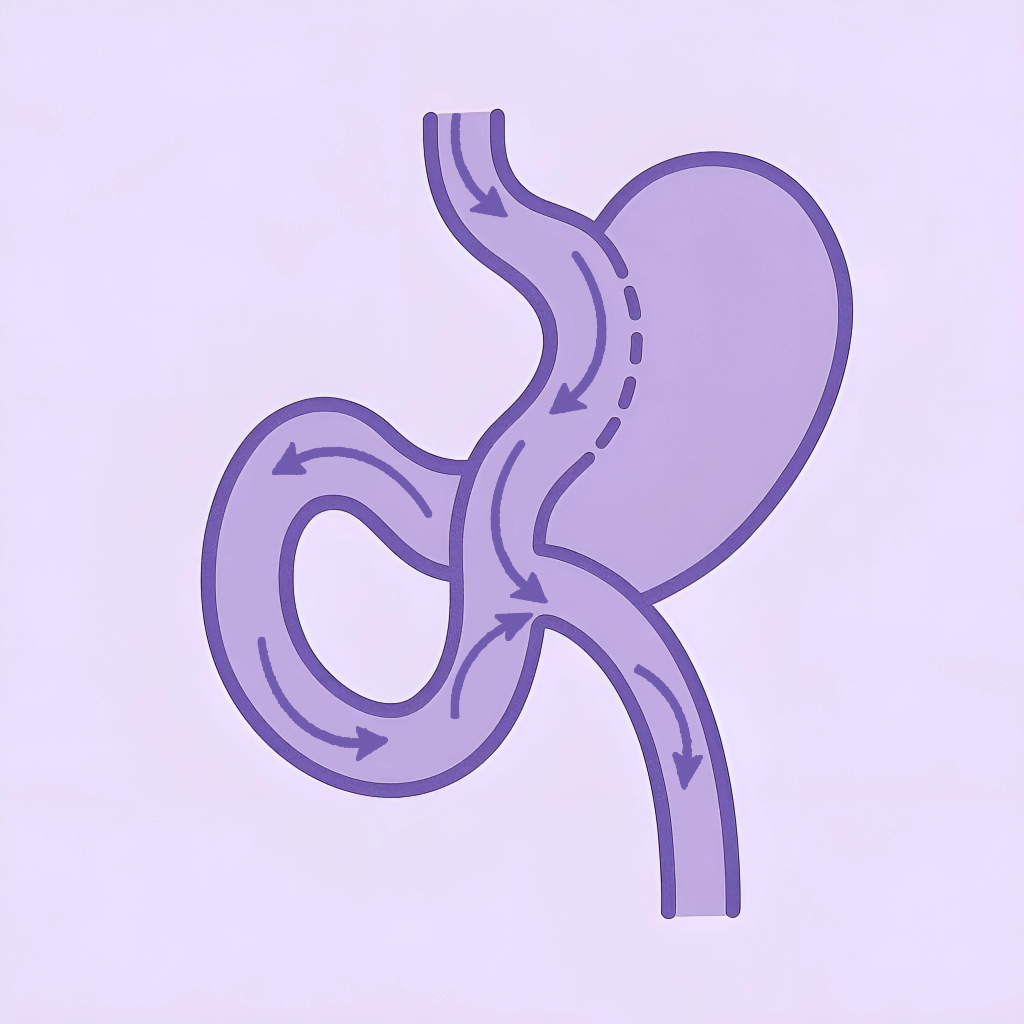Fístula Anal






Una fístula anal es un túnel anormal cerca del ano, tratado con fistulotomía, colocación de setón, terapia con láser o cirugía reconstructiva.
Descripción General
Una fístula anal es un conducto anómalo y típicamente crónico, revestido de epitelio, que conecta el conducto anal con la piel perianal. Generalmente resulta de la drenaje espontáneo de un absceso perianal no tratado, lo que provoca síntomas como dolor, hinchazón e infecciones recurrentes. En ciertos casos, la fístula puede extenderse hacia estructuras adyacentes, como la vagina o el tracto urinario, lo que complica la presentación clínica.
Dado que las fístulas anales generalmente no se resuelven de manera espontánea, se requiere manejo quirúrgico para un tratamiento eficaz. La elección del procedimiento quirúrgico depende de la complejidad anatómica y la clasificación de la fístula, y puede incluir fistulotomía, colocación de setón, ablación con láser o cirugía reconstructiva avanzada. Los pacientes con afecciones subyacentes como la enfermedad de Crohn, colitis ulcerosa, diarrea crónica o aquellos con antecedentes de tratamiento para el cáncer rectal tienen un mayor riesgo de desarrollar fístulas anales y pueden requerir enfoques terapéuticos más personalizados.
Cuándo se recomienda la cirugía?
La cirugía de fístula anal se recomienda en individuos que presentan dolor persistente, drenaje o infecciones recurrentes que no responden a tratamientos médicos o conservadores. Si la fístula se clasifica como compleja o afecta el control intestinal, la intervención quirúrgica se vuelve necesaria para evitar complicaciones adicionales.
La cirugía también es indicada cuando la fístula da lugar a la formación de abscesos, inflamación significativa, o dificulta actividades cotidianas como sentarse o moverse. Dado que las fístulas anales rara vez sanan de forma espontánea, el tratamiento quirúrgico es la solución más eficaz a largo plazo para restaurar la función normal y prevenir recurrencias.
Detalles del Procedimiento
La cirugía de fístula anal se realiza utilizando diferentes técnicas según la gravedad y complejidad de la afección.
Fistulotomía: La fístula se abre y se aplana para sanar desde adentro hacia afuera. Este procedimiento generalmente se realiza de manera ambulatoria, lo que significa que los pacientes pueden regresar a casa el mismo día.
Colocación de Setón: Se coloca una sutura o una banda elástica (setón) dentro de la fístula para permitir el drenaje y la curación gradual, reduciendo el riesgo de incontinencia
Relleno con Pegamento médico o tapón: Se cierra la abertura interna de la fístula y el conducto se llena con un material biodegradable que el cuerpo absorbe con el tiempo
Terapia con Láser: Se utiliza una sonda láser para cerrar el conducto de la fístula, proporcionando una opción mínimamente invasiva con una recuperación más rápida.
Cirugía Reconstructiva: En algunos casos, se requieren técnicas quirúrgicas avanzadas, como la cirugía en etapas o los procedimientos de colgajo de avance, para reparar la fístula mientras se preserva la función del esfínter
Recuperación
La recuperación postoperatoria tras la cirugía de fístula anal varía según la técnica quirúrgica utilizada. La mayoría de los pacientes experimentan molestias leves a moderadas y drenaje en la fase inicial, lo que generalmente mejora a medida que avanza la curación. El dolor puede ser manejado de manera eficaz con analgésicos, baños de asiento y cuidados adecuados de la herida para prevenir infecciones y promover una recuperación óptima.
Se proporcionan instrucciones detalladas de cuidados postoperatorios, que incluyen recomendaciones sobre higiene, modificaciones dietéticas y restricciones de actividad. Las visitas regulares de seguimiento son esenciales para evaluar la curación, monitorizar posibles complicaciones y detectar signos de recurrencia. Se recomienda encarecidamente a los pacientes evitar el estreñimiento, mantener prácticas rigurosas de higiene y seguir el régimen médico prescrito para asegurar el éxito a largo plazo y prevenir recaídas.
Tiene preguntas sobre su tratamiento?

Preguntas Frecuentes
Encuentre respuestas a consultas comunes
Necesita soporte personalizado?
Envíenos un mensaje por WhatsApp para obtener una respuesta rápida; respondemos en minutos
En qué tipos de procedimientos quirúrgicos se especializa el Dr. Gül?
Qué factores convierten a Turquía en un destino de referencia para procedimientos quirúrgicos?
Cuál es el tiempo de recuperación habitual para la mayoría de las cirugías?
Qué procedimientos bariátricos ofrece la clínica?
Cuánto peso se espera perder después de una cirugía bariátrica?
Qué idiomas habla el Dr. Gül y su equipo?
Será necesario tomar suplementos después de la cirugía bariátrica?
Cubren los seguros estos procedimientos?
Es posible combinar el tratamiento con un viaje a Turquía?
Qué tipo de soporte postoperatorio está disponible?
Nuestra experiencia

Manga Gástrica
La gastrectomía en manga es un procedimiento bariátrico mínimamente invasivo que consiste en la resección de aproximadamente el 80% del estómago

Bypass Gástrico Mini
Simpler, less invasive gastric bypass for significant weight loss and diabetes control.

Balón Gástrico
El balón gástrico es un procedimiento no quirúrgico y temporal para la pérdida de peso que consiste en colocar un balón suave e inflable en el estómago para reducir el hambre y limitar la ingesta de alimentos.
Siga al Dr. Gül en Instagram





